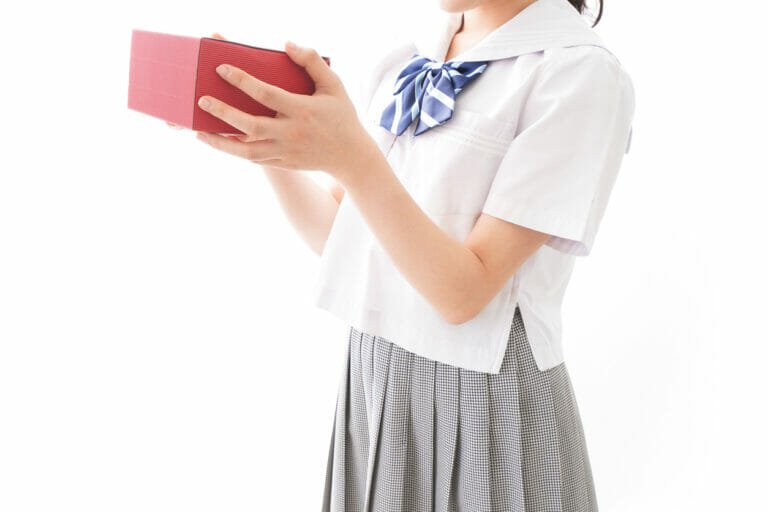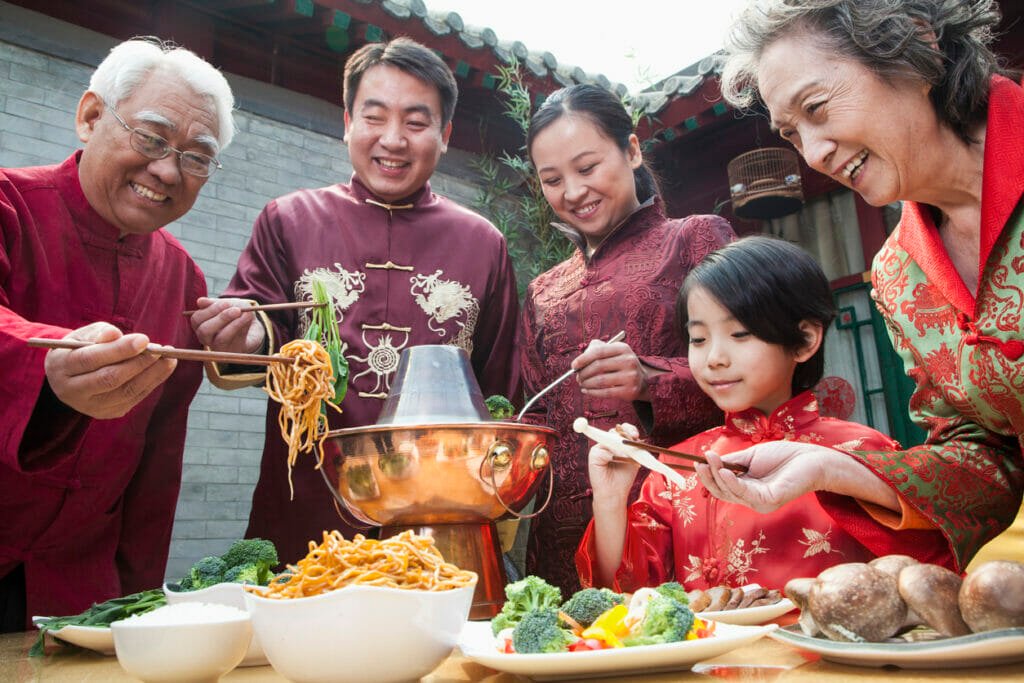9 Nǐ zhēn bāng le wǒ dà máng. 你真帮了我大忙。You really helped me a lot.
In Chinese culture and communication, modesty is highly regarded, and it is improper to express gratitude when someone compliments you. In the West, saying “thank you” is simply a polite way of acknowledging a compliment; in contrast, saying “thank you” directly in Chinese (as a way of admitting “I am great!”) is considered egotistical in Chinese culture.
When someone compliments you, it is common to respond with one of the following phrases, rather than accepting the praise straight away:
10 nǎ li nǎ li 哪里哪里 – literally this means Where? Where? The meaning is: You do flatter me, but I am not that great
Although the literal translation of nǎ li nǎ li 哪里哪里 is “Where? Where?”, the actual meaning behind it is “Where can you see that I am so great” or “I am not so great”. While we in Western culture are taught to brag about our accomplishments, being humble is essential in Chinese culture.
As we have already pointed out, Chinese culture is well-known for its preference for modesty and humility. Rather than simply accepting a compliment with a simple xiè xie 谢谢 “thank you”, it is much more appreciated in China when the compliment is deflected. One way to deflect praise while valuing the feedback is to say méi yǒu méi yǒu 没有没有 “no, no (that is not correct)”.
Here are some other phrases that follow the pattern of being humble and not bragging.
11 yī bān, yī bān 一般,一般 – not good, not good (Oh, I’m just so-so)
You could also say hái hǎo, hái hǎo 还好,还好 “Not that great, not that great. (I am not that great)”. Or you could say bù, bù, bù 不,不,不 “No, no, no…(I am not that great)”.
When you give and receive compliments in Chinese, you might say
Compliment:
Nǐ de máo bǐ zì xiě dé hěn hǎo.
你的毛笔字写得很好。
Your calligraphy is very good.
You can reply like this:
Nǎlǐ, nǎlǐ, wǒ cái kāishǐ xué.
哪里,哪里,我才开始学。
Where, where, I just started to learn.
Or you can say:
Bù, bù, wǒ xiě dé méi nàme hǎo.
不,不,我写得没那么好。
No, no, I do not write that well.
12 shì ma 是吗? / zhēn de ma? 真的吗?- Really? (Do you think that I am that great?)
Another common and easy way to reflect praise is by using the following:
shì ma 是吗? / zhēn de ma? 真的吗?– Really?
Being humble is also a common way of thanking someone indirectly. Let us say someone is complimenting you:
Nǐde qúnzi hěn hǎokàn.
你的裙子很好看。
Your dress is very nice.
Reply:
Shì ma? Wǒ hái dānxīn bù héshì ne.
是吗?我还担心不合适呢。
Really? I was actually worried it was not fitting.
Or you can answer:
Zhēn de ma? xiè xie.
真的吗?谢谢.
Really? Thanks.
13 Hái xíng ba 还行吧 – It is just ok
First, there is a compliment, for example:
Nǐ huàn fǎxíngle? Hěn piàoliang!
你换发型了?很漂亮!
Did you change your hairstyle? Very beautiful!
And then a reply:
Hái xíng ba, zài wǒ jiā lóu xià fàláng nòng de.
还行吧,在我家楼下发廊弄的。
It is just okay. I got it at the hair salon downstairs where I live.
14 hái hǎo ba 还好吧 – It is not that great
First the compliment:
Nǐ huàn fǎxíngle? Hěn piàoliang!
你换发型了?很漂亮!
Did you change your hairstyle? Very beautiful!
You can thank by being humble:
Hái hǎo ba, fǎxíng shī bāng wǒ nòng de.
还好吧,发型师帮我弄的。
It is ok. The hairstylist did it for me.











